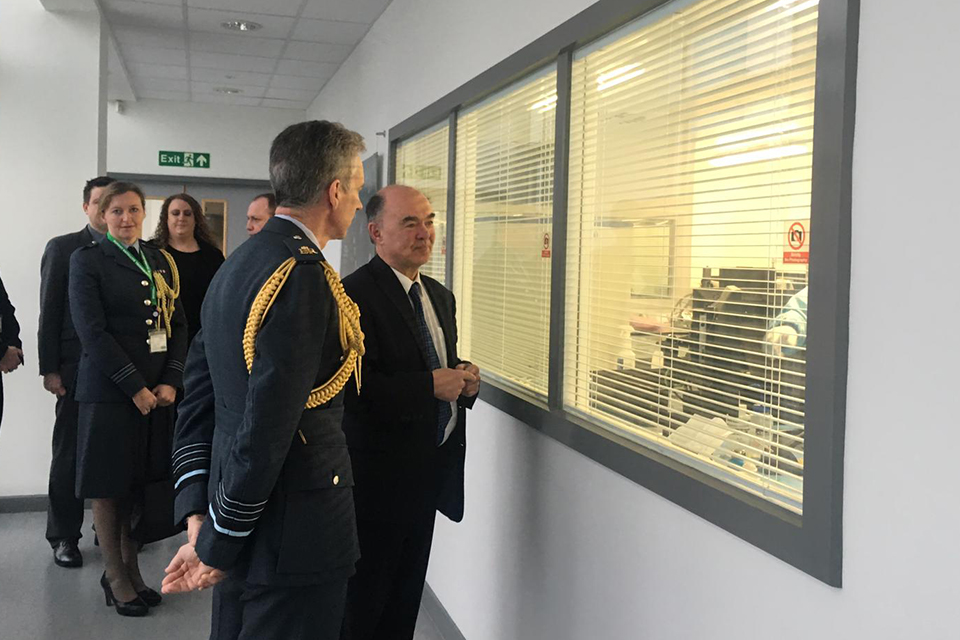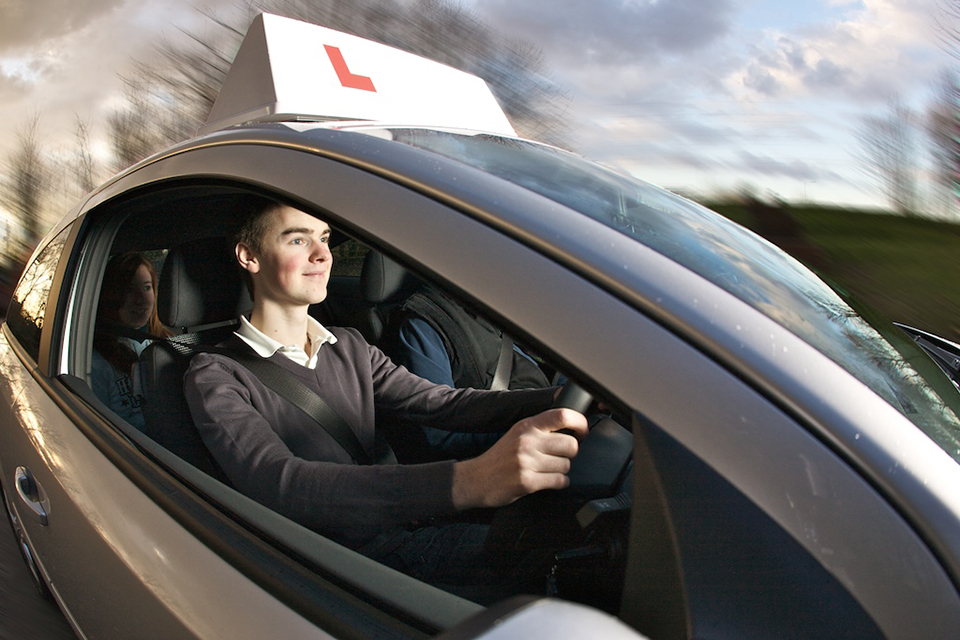A Europe that protects: Commission reinforces EU response to illegal content online
In its Communication of September 2017 on tackling illegal content online, the European Commission promised to monitor progress in tackling illegal content online and assess whether additional measures are needed to ensure the swift and proactive detection and removal of illegal content online, including possible legislative measures to complement the existing regulatory framework.
As a follow-up, the Commission is today recommending a set of operational measures – accompanied by the necessary safeguards – to be taken by companies and Member States to further step up this work before it determines whether it will be necessary to propose legislation. These recommendations apply to all forms of illegal content ranging from terrorist content, incitement to hatred and violence, child sexual abuse material, counterfeit products and copyright infringement.
The Recommendation builds on the on-going work with the industry through various voluntary initiatives to ensure that the internet is free of illegal content and reinforces actions taken under different initiatives.
Vice-President for the Digital Single Market Andrus Ansip said: “Online platforms are becoming people’s main gateway to information, so they have a responsibility to provide a secure environment for their users. What is illegal offline is also illegal online. While several platforms have been removing more illegal content than ever before – showing that self-regulation can work – we still need to react faster against terrorist propaganda and other illegal content which is a serious threat to our citizens’ security, safety and fundamental rights.”
The spread of illegal content online undermines the trust of citizens in the Internet and poses security threats. While progress has been made in protecting Europeans online, platforms need to redouble their efforts to take illegal content off the web more quickly and efficiently. Voluntary industry measures encouraged by the Commission through the EU Internet Forum on terrorist content online, the Code of Conduct on Countering Illegal Hate Speech Online and the Memorandum of Understanding on the Sale of Counterfeit Goods have achieved results. There is however significant scope for more effective action, particularly on the most urgent issue of terrorist content, which presents serious security risks.
Stronger procedures for more efficient removal of illegal content
Today’s Recommendation sets out operational measures to ensure faster detection and removal of illegal content online, to reinforce the cooperation between companies, trusted flaggers and law enforcement authorities, and to increase transparency and safeguards for citizens:
-
Clearer ‘notice and action’ procedures: Companies should set out easy and transparent rules for notifying illegal content, including fast-track procedures for ‘trusted flaggers’. To avoid the unintended removal of content which is not illegal, content providers should be informed about such decisions and have the opportunity to contest them.
-
More efficient tools and proactive technologies: Companies should set out clear notification systems for users. They should have proactive tools to detect and remove illegal content, in particular for terrorism content and for content which does not need contextualisation to be deemed illegal, such as child sexual abuse material or counterfeited goods.
-
Stronger safeguards to ensure fundamental rights: To ensure that decisions to remove content are accurate and well-founded, especially when automated tools are used, companies should put in place effective and appropriate safeguards, including human oversight and verification, in full respect of fundamental rights, freedom of expression and data protection rules.
-
Special attention to small companies: Theindustry should, through voluntary arrangements, cooperate and share experiences, best practices and technological solutions, including tools allowing for automatic detection.This shared responsibility should particularly benefit smaller platforms with more limited resources and expertise.
-
Closer cooperation with authorities: If there is evidence of a serious criminal offence or a suspicion that illegal content is posing a threat to life or safety, companies should promptly inform law enforcement authorities. Member States are encouraged to establish the appropriate legal obligations.
These measures may differ according to the nature of the illegal content, and the Recommendation encourages companies to follow the principle of proportionality when removing illegal content.
Increased protection against terrorist content online
Terrorist content online poses a particularly grave risk to the security of Europeans, and its proliferation must be treated as a matter of the utmost urgency. This is why the Commission is today additionally recommending more specific provisions to further curb terrorist content online:
-
One-hour rule: Considering that terrorist content is most harmful in the first hours of its appearance online, all companies should remove such content within one hour from its referral as a general rule.
-
Faster detection and effective removal: In addition to referrals, internet companies should implement proactive measures, including automated detection, to effectively and swiftly remove or disable terrorist content and stop it from reappearing once it has been removed. To assist smaller platforms, companies should share and optimise appropriate technological tools and put in place working arrangements for better cooperation with the relevant authorities, including Europol.
-
Improved referral system: Fast-track procedures should be put in place to process referrals as quickly as possible, while Member States need to ensure they have the necessary capabilities and resources to detect, identify and refer terrorist content.
-
Regular reporting: Member States should on a regular basis, preferably every three months, report to the Commission on referrals and their follow-up as well as on overall cooperation with companies to curb terrorist online content.
Next steps
The Commission will monitor the actions taken in response to this Recommendation and determine whether additional steps, including, if necessary legislation, are required.
The Commission will also continue its analytical work, working closely with stakeholders, and in this context will launch a public consultation on this matter in the coming weeks.
In order to allow for the monitoring of the effects of the Recommendation, Member States and companies will be required to submit relevant information on terrorist content within three months, and other illegal content within six months.
Background
The European Union has responded to the challenge of illegal content online through both binding and non-binding measures, in sectoral and horizontal initiatives. Ongoing work under sectorial dialogues with companies shows positive results. For instance, under the Code of Conduct on Countering Illegal Hate Speech Online, internet companies now remove on average 70% of illegal hate speech notified to them and in more than 80% of these cases, the removals took place within 24 hours. However, illegal content online remains a serious problem with great consequences for the security and safety of citizens and companies, undermining the trust in the digital economy.
Following the European Council conclusions of June 2017 and building on the various dialogues with industry, in September 2017, the Commission provided guidance and outlined common tools to swiftly and proactively detect, remove and prevent the reappearance of illegal content inciting hatred, violence and terrorism online. The Commission also indicated that other measures may be needed to take illegal content off the web, including legislative measures. Since then, the Commission has been urging online platforms to step up and speed up their efforts to prevent, detect and remove illegal online content, in particular terrorist related, as quickly as possible.
For More Information
Memo: Frequently asked questions: Commission Recommendation on measures to effectively tackle illegal content online
Factsheet on Illegal Content Online
Press release: Security Union: Commission follows up on terrorist radicalisation
Statement: Removing illegal content online: Commission calls for more efforts and faster progress from all sides
Press release:Security Union: Commission steps up efforts to tackle illegal content online
Communication: Tackling illegal content online – towards an enhanced responsibility of online platforms
Press release: Social media companies need to do more to fully comply with EU consumer rules

